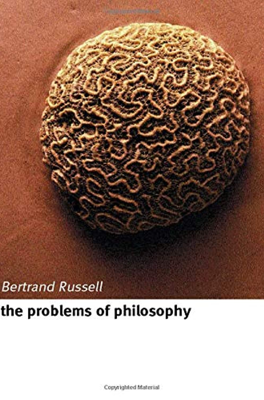Idealism
Understanding Idealism
Idealism posits that what exists or can be known to exist must have some mental quality. This view, prevalent among many philosophers, takes various forms and is defended using different arguments. People unfamiliar with philosophical thought may quickly dismiss idealism as absurd. Common sense dictates that physical objects like tables and the sun exist independently of our minds. However, idealism insists that our understanding of these objects, primarily through sense-data, exposes that we know very little about their true nature. Thus, even if the idea seems strange, it remains a credible philosophical proposition because physical reality itself is bound to be strange and potentially unknowable.
Berkeley's Grounds for Idealism
The philosopher Bishop Berkeley is noted for developing a structured argument for idealism. He argued that our immediate sensory experiences (or sense-data) like colors and sounds do not exist independently of us but are partially within our minds. According to Berkeley, our sensory experiences alone cannot verify the independent existence of physical objects. He extends this to claim that to be known is to exist within a mind, leading to the conclusion that all known objects must exist within some mind, whether ours or another, such as God's.
Berkeley uses the term "idea" to describe anything directly perceived by the senses, extending it to encompass both our immediate perceptual experiences and the objects of our imagination and memory. When considering common objects such as trees, he posits that all we know are the ideas (or the sense-data) of the tree, leading him to argue that a tree's existence is solely dependent on being perceived.
Flaws in Berkeley's Argument
Berkeley's argument, though influential, mixes up the object of perception with the act of perception itself. This conflation leads him erroneously to claim that objects like trees must exist in the mind simply because our ideas about them do. This is akin to confusing thinking about a business with the business itself being in our mind. What should be differentiated are the act of apprehension (the mental process of perceiving) and the object apprehended (the thing perceived), where the former is mental, but not necessarily the latter.
Reassessing Knowledge and Existence
Berkeley believes that only ideas, or objects mentally perceived, can be known and that all known objects are mental. However, this assumption mistakenly overlooks the fact that knowledge about external objects often derives from descriptions or inferences based on sensory data, not direct mental possession of the objects. Furthermore, questioning whether things unknown to us can exist challenges a basic understanding of knowledge and inquiry. It is entirely feasible to recognize the existence of entities beyond our direct knowledge or acquaintance, like the Emperor of China or theoretical entities in science.
Concluding Thoughts on Idealism
Idealism, as presented by Berkeley, conflates the mental act of perceiving with the objects perceived. This chapter challenges the conflation and asserts the possibility of external objects existing independently of being known, thereby broadening our understanding of what it is to know and to exist beyond mere mental apprehension. By clarifying the difference between knowledge by acquaintance (direct experience) and knowledge by description (inferential knowledge), Russell asserts the capacity to comprehend a reality that extends beyond the confines of our mental experiences.
